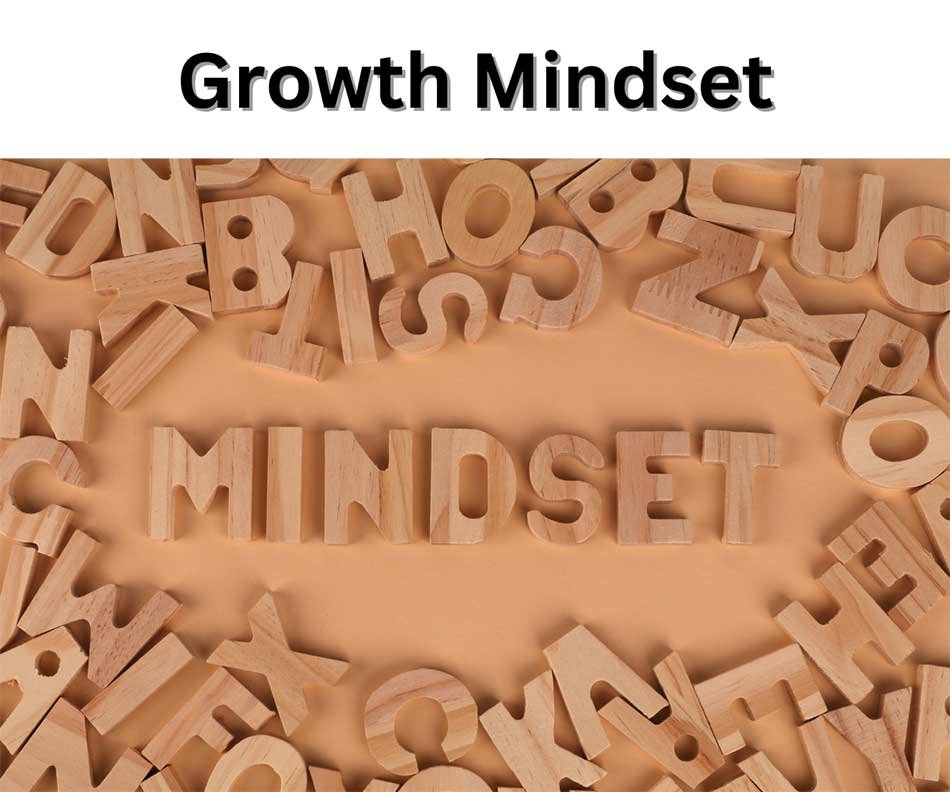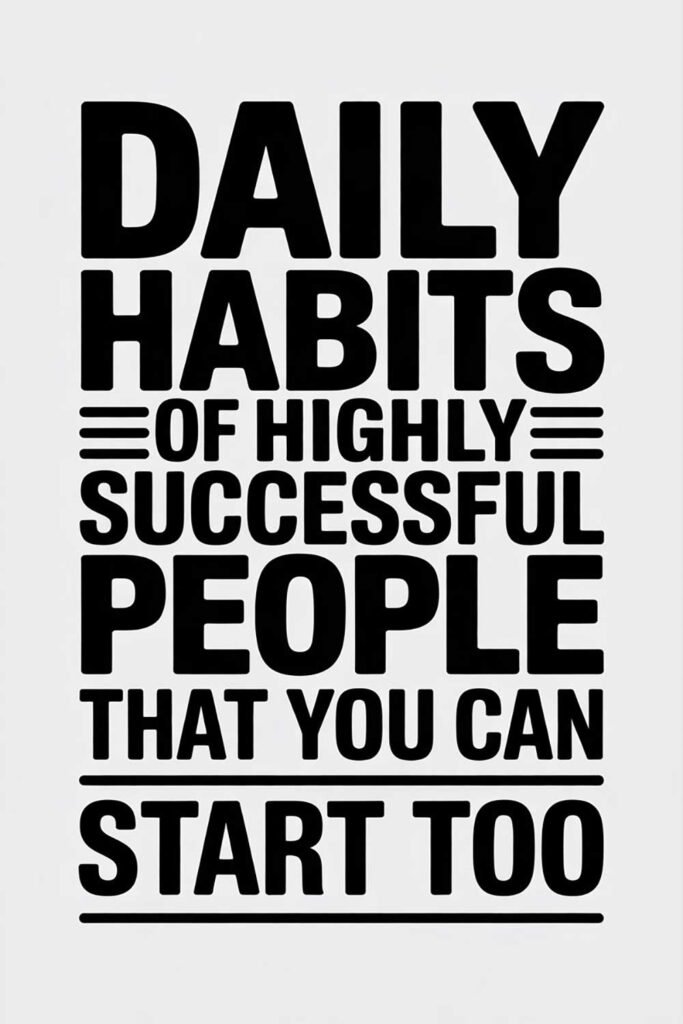
If you know someone who could benefit from this article, please share it with them. Cultivating a growth mindset can transform their approach to challenges and unlock new possibilities.
Growth Mindset: The Key to Unlocking Your Potential
What Is a Growth Mindset?
A growth mindset is the belief that your abilities, intelligence, and talents can be developed through dedication, learning, and effort. Coined by psychologist Carol Dweck, this concept contrasts with a fixed mindset, which assumes that talents and intelligence are static traits. Adopting a growth mindset can profoundly impact how you approach life’s challenges, pursue goals, and respond to setbacks.
Fixed vs. Growth Mindset
| Fixed Mindset | Growth Mindset |
|---|---|
| Avoids challenges | Embraces challenges |
| Gives up easily | Persists through obstacles |
| Views effort as fruitless | Sees effort as the path to mastery |
| Ignores constructive feedback | Learns from criticism |
| Feels threatened by others’ success | Is inspired by others’ success |
By shifting your perspective from fixed to growth, you can reframe challenges as opportunities for learning and development.
The Science Behind a Growth Mindset
Research has shown that adopting a growth mindset has tangible benefits:
- Neuroplasticity: Your brain continues to change and adapt throughout your life. The more you challenge it, the stronger and more flexible it becomes.
- Increased Resilience: A growth mindset helps you view setbacks as learning opportunities, making it easier to bounce back.
- Enhanced Performance: Studies indicate that people with a growth mindset achieve higher levels of success because they focus on learning rather than fearing failure.
Why a Growth Mindset Matters
- Personal Growth: Unlock your potential by believing in your capacity to improve.
- Career Success: Adapt to changes, learn new skills, and seize opportunities.
- Better Relationships: Embrace feedback and work through conflicts constructively.
- Lifelong Learning: Stay curious and open to new experiences.
How to Cultivate a Growth Mindset
1. Reframe Challenges
See challenges as opportunities to grow rather than obstacles to avoid. Ask yourself:
- What can I learn from this situation?
- How can I approach this problem differently?
When faced with adversity, remind yourself that growth often comes from discomfort.
2. Embrace Effort
Effort is a critical ingredient for improvement. Instead of associating effort with failure, view it as the path to mastery.
- Action Step: Dedicate time each day to practice a skill or tackle a difficult task.
- Mindset Shift: Celebrate small wins and recognize progress.
3. Learn from Feedback
Feedback, even when critical, is a valuable tool for growth. Instead of taking it personally, use it to refine your approach.
- Action Step: Seek feedback regularly from trusted sources.
- Mindset Shift: View feedback as a gift that helps you improve.
4. Redefine Failure
Failure isn’t the end—it’s a stepping stone. Reflect on what went wrong and identify actionable lessons.
- Action Step: After setbacks, write down three things you learned.
- Mindset Shift: Treat mistakes as part of the learning process.
5. Surround Yourself with Growth-Oriented People
The people you spend time with influence your mindset. Surround yourself with individuals who inspire and challenge you.
- Action Step: Join communities or groups focused on personal development.
- Mindset Shift: Let others’ successes motivate you to keep striving.
6. Adopt a “Yet” Mentality
When you struggle with something, add the word “yet” to your thoughts. For example:
- Instead of: “I can’t do this.”
- Say: “I can’t do this yet.”
This simple shift reminds you that growth takes time and effort.
Common Barriers to a Growth Mindset
- Fear of Failure: Reframe failure as a necessary part of growth.
- Negative Self-Talk: Challenge limiting beliefs and replace them with empowering affirmations.
- Impatience: Remember that meaningful growth is a gradual process.
Practical Exercises to Strengthen Your Growth Mindset
- Daily Reflection: At the end of each day, write down one challenge you faced and what you learned from it.
- Stretch Goals: Set ambitious but achievable goals that push you beyond your comfort zone.
- Gratitude Practice: Focus on what you’re learning rather than what you’ve yet to achieve.
- Growth Journal: Document your progress, challenges, and insights.
Picture This
Imagine approaching every challenge with curiosity and determination. You no longer fear failure; instead, you welcome it as an opportunity to learn and grow. Each day, you feel a little stronger, more capable, and more resilient. Your relationships flourish, your confidence soars, and you’re on a continuous journey of self-improvement. What’s one step you can take today to embrace a growth mindset?






